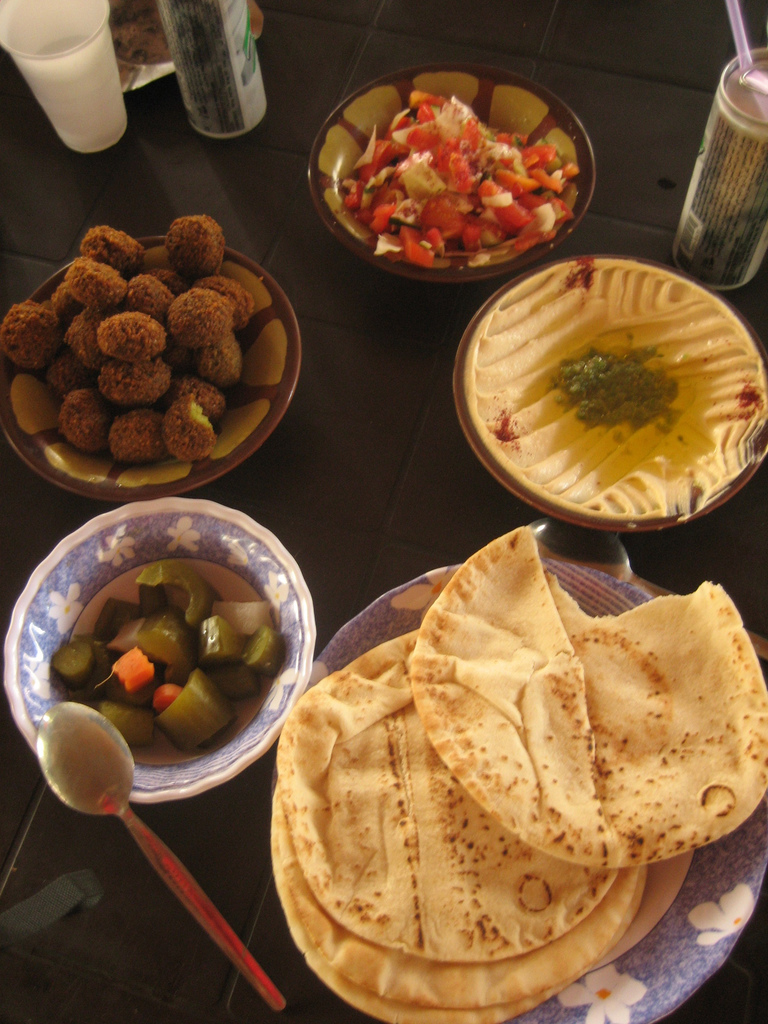Introduction: Jordanian Cuisine
Jordanian cuisine is a reflection of the country’s diverse history and culture. The country’s cuisine is a fusion of Mediterranean and Middle Eastern flavors, with a dash of Bedouin and Ottoman influences. Jordanian cuisine is known for its rich flavors, using a variety of spices, herbs, and ingredients to create mouthwatering dishes that are enjoyed by locals and visitors alike.
Historical and Cultural Influences
Jordan has a long history dating back to ancient times. The region was a part of the ancient trade routes, and people from various cultures and backgrounds settled in the area, leaving their mark on the country’s cuisine. The influences of the Nabateans, Greeks, Romans, and Ottoman Turks can be seen in Jordanian cuisine, making it a melting pot of different flavors and traditions.
Neighboring Countries and their Cuisines
Jordan shares borders with Syria, Iraq, Saudi Arabia, and Israel, and the cuisine of these countries has had a profound impact on Jordanian cuisine. Syrian cuisine, for example, has influenced Jordanian dishes such as falafel, hummus, and tabbouleh. Iraqi cuisine is known for its use of lamb and rice, which can be found in Jordanian dishes such as mansaf. Saudi Arabian cuisine has influenced Jordanian desserts, such as kunafa, while the influence of Israeli cuisine can be seen in dishes such as shakshuka.
Shared Ingredients and Cooking Techniques
Jordan shares many ingredients and cooking techniques with its neighboring countries, which has resulted in a fusion of flavors and styles. Common ingredients used in Jordanian cuisine include lamb, chicken, rice, lentils, chickpeas, and spices such as cumin, turmeric, and coriander. Cooking techniques such as grilling, roasting, and stewing are also common in Jordanian cuisine.
The Impact of Ottoman and Arab Traditions
The Ottoman Empire ruled over Jordan for several centuries, leaving a significant influence on the country’s cuisine. Ottoman dishes such as shish kebab, pilaf, and baklava can be found in Jordanian cuisine. Arab traditions, on the other hand, have influenced the use of spices and herbs in Jordanian cooking, resulting in flavorful dishes that are enjoyed by people all over the world.
Conclusion: The Culinary Diversity of Jordan
Jordanian cuisine is a testament to the country’s rich history and cultural diversity. The cuisine is a fusion of different styles, flavors, and techniques, resulting in a unique culinary experience that is enjoyed by locals and visitors alike. From the influences of neighboring countries to the impact of Ottoman and Arab traditions, Jordanian cuisine is a reflection of the country’s vibrant past and bright future.

